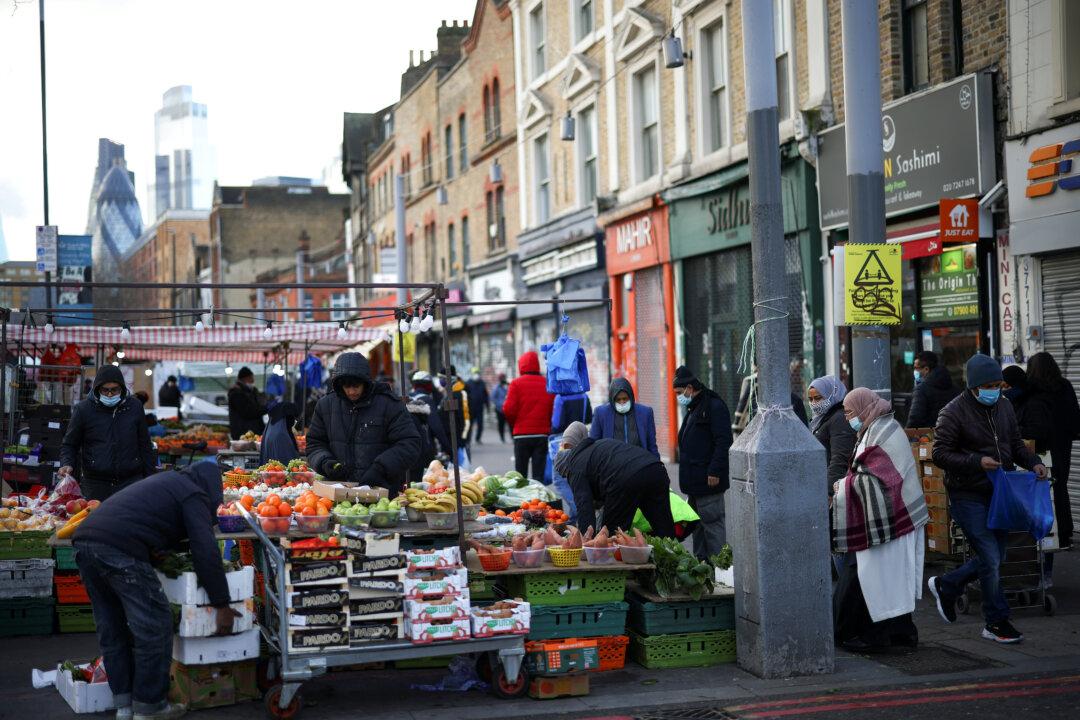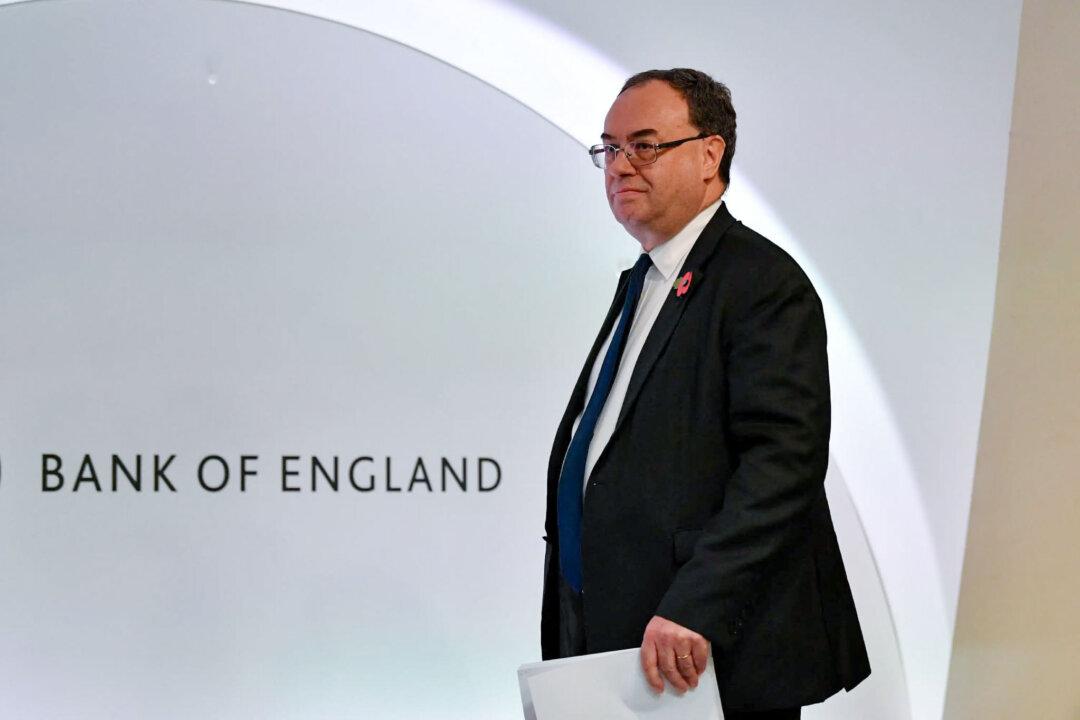The UK economy rebounded in April, following weaker performance in March, official figures have shown.
Britain’s GDP increased by 0.2 percent, marking growth after the 0.3 percent contraction in March. The Office of National Statistics (ONS) reported that increased consumer spending was one of the factors causing the rise. Wholesale and retail trade, car and motor vehicles repair, and hospitality sales were among the top contributors.





